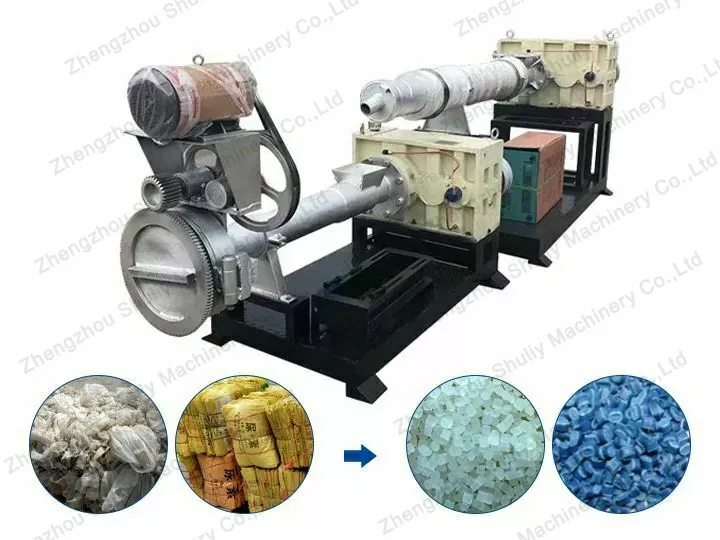Plastic pellets serve as fundamental raw materials extensively used in the manufacturing of various plastic products. As the pivotal equipment in the production process, the quality of plastic recycling pelletizer machines directly impacts the final pellet quality. To ensure the production of high-quality pellets, three primary aspects require special attention: the quality of raw materials, the quality of plastic pelletizing machines, and the implementation of sound production processes and operating standards.
Quality of Raw Materials
Selection of Plastics
Choosing the appropriate plastic is critical for producing high-quality pellets. Different types of plastics possess distinct properties, such as melt index and melt flowability, which directly affect pellet quality and performance. Therefore, it is essential to ensure that the selected plastic meets product specifications and maintains consistent quality.
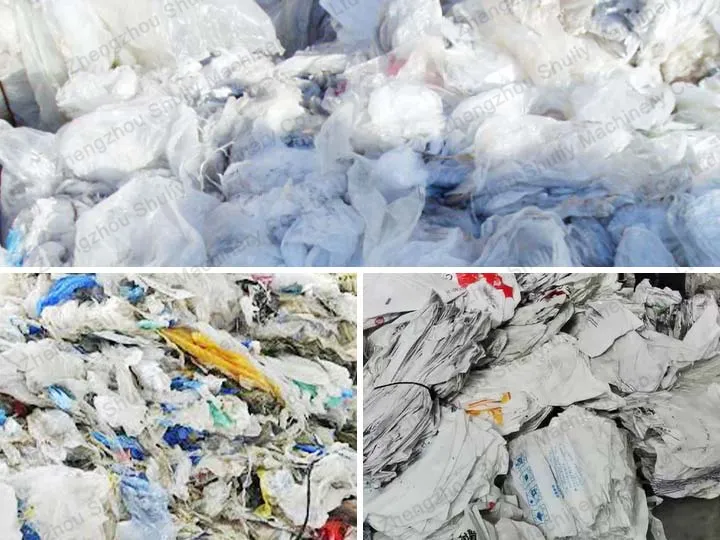
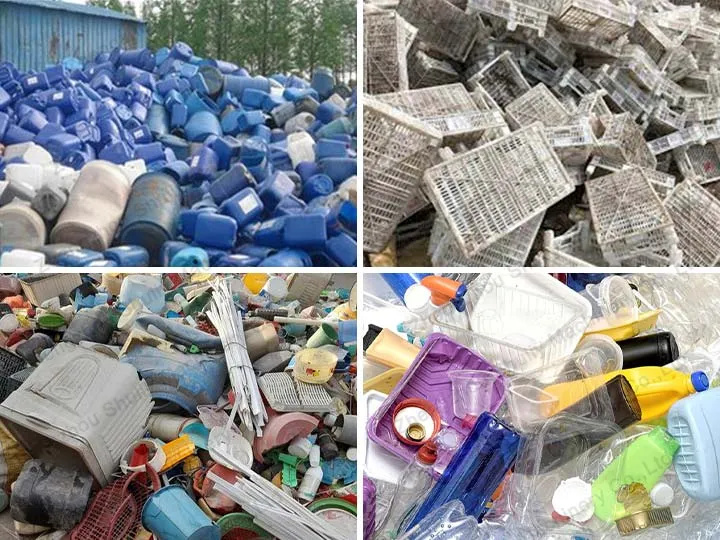
Control of Impurities
Impurities present in raw materials, such as colorants and foreign particles, can adversely affect pellet quality. Hence, thorough testing and screening of raw materials must occur before use to ensure no impurities enter the plastic recycling pelletizer machine.
Quality of Plastic Recycling Pelletizer Machine
The quality of plastic extrusion pelletizers is directly related to the stability and consistency of pellet quality. The following are factors associated with equipment quality:
Equipment Condition
Maintaining the plastic recycling pelletizer machine in good working order is paramount. Regular inspections and maintenance of equipment are necessary to ensure that all components operate correctly and prevent equipment malfunctions that could affect recycled plastic pellet quality.
Control of Equipment Parameters
Mastering and precisely controlling the operating parameters of the plastic extrusion pelletizer, such as temperature, pressure, and rotational speed, can effectively enhance pellet quality. Proper parameter adjustments can prevent issues like uneven melting or the formation of air bubbles in the plastic pellets.
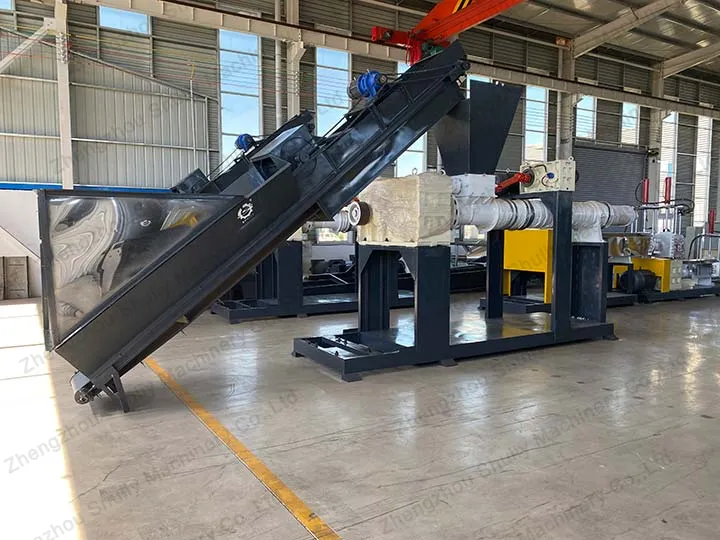
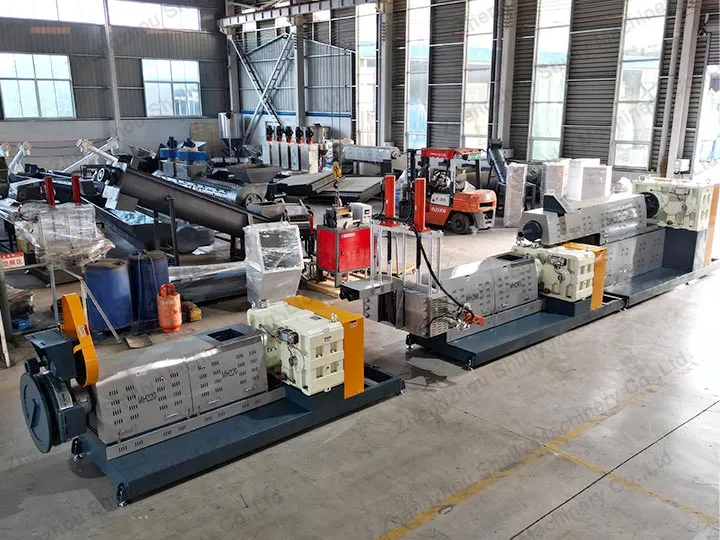
Sound Production Processes and Operating Standards
Apart from raw materials and equipment, production processes and operating standards also play a crucial role in pellet quality. The following factors should be considered:
Temperature Control
Temperature control is critical during the plastic pelletization process. Excessively high or low temperatures can lead to decreased pellet quality. Therefore, it is imperative to ensure that the melt temperature remains within the appropriate range throughout the entire production process.
Thorough Mixing
Before feeding raw materials into the plastic recycling pelletizer machine, it is essential to ensure thorough mixing to prevent uneven melts from entering the machine.
Operator Skills
Operators handling the plastic extrusion pelletizer must undergo professional training and be familiar with equipment operation procedures to swiftly address issues and make adjustments during the production process.
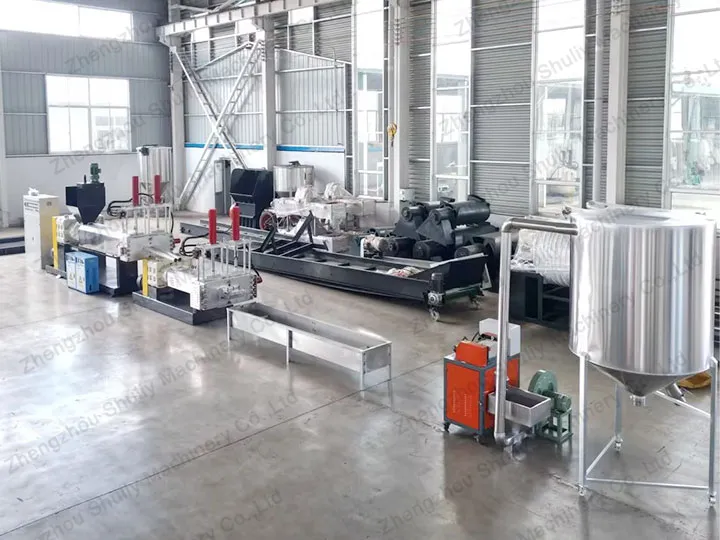
In summary. Factors influencing the quality of plastic pellets in plastic recycling pelletizer machines encompass raw material quality, equipment quality, and the implementation of production processes and operating standards.
Only when these aspects are rigorously controlled can high-quality plastic pellets be produced, ensuring the quality and performance of the final products. Therefore, in the plastic pellet production process, these factors need to be considered comprehensively to ensure their coordinated operation, meeting market demands and customer expectations.
